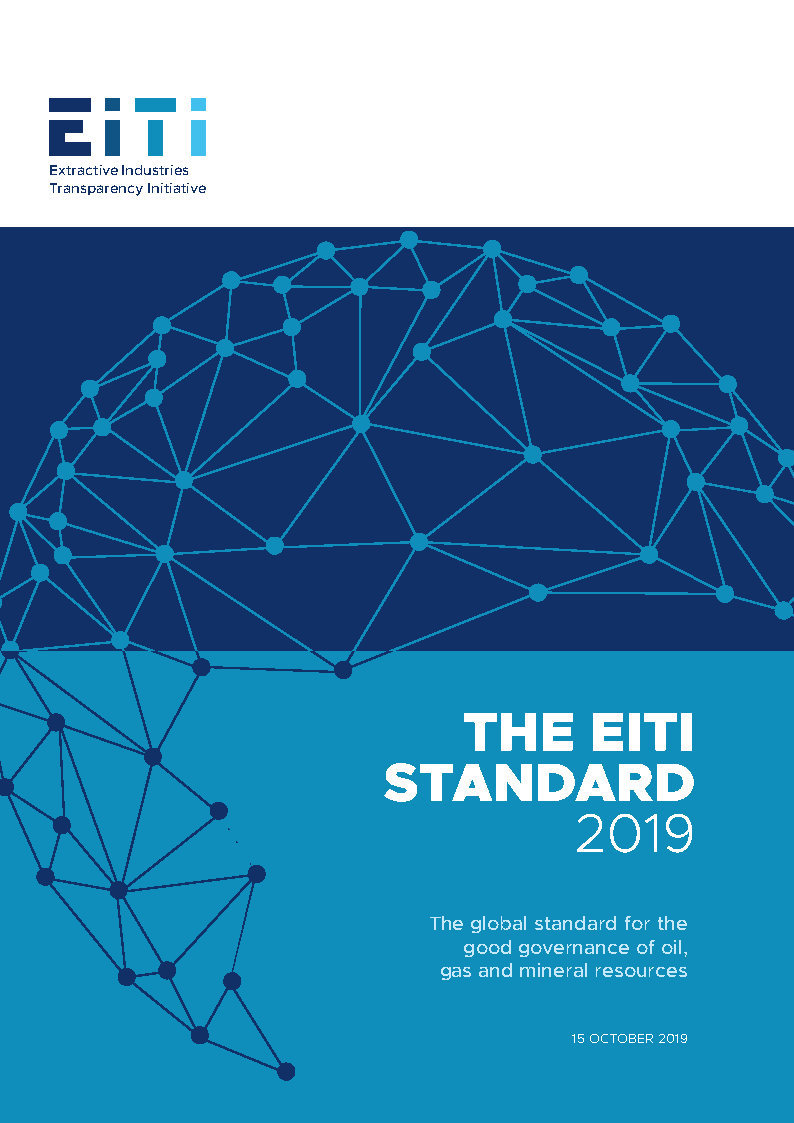
 In June 2019 the EITI Board agreed the revised EITI Standard. It is the global transparency standard for improving governance of natural resources. The EITI Standard provides the requirements and guidance on how to report activity in the oil, gas and mining sectors and ensures that this information is available to the public. The Standard also covers areas such as license transparency, transit and state oil sales.
In June 2019 the EITI Board agreed the revised EITI Standard. It is the global transparency standard for improving governance of natural resources. The EITI Standard provides the requirements and guidance on how to report activity in the oil, gas and mining sectors and ensures that this information is available to the public. The Standard also covers areas such as license transparency, transit and state oil sales.
Validation is EITI's quality assurance mechanism and an essential feature of the EITI process. It serves to assess performance and promotes dialogue and learning at the country level. It also safeguards the integrity of the EITI by holding all EITI implementing countries to the same global standard.
Validation is an external, independent evaluation mechanism, undertaken by a Validator procured by the International Secretariat. It is intended to provide all stakeholders with an impartial assessment of whether EITI implementation in a country is consistent with the EITI Standard. The Validation reportwill also address the impact of the EITI, lessons learned in EITI implementation, as well as any concerns stakeholders have expressed, and recommendations for future implementation of the EITI.
This is the report of the 2009 Validation of the Extractive Industry Transparency Initiative (EITI) in Mongolia. This EITI Validation was undertaken by a consortium led by Coffey International Development, in association with Dalaivan Audit LLC.
The report contains five annexes. Annex A provides a completed Validation Grid. Annex B provides a narrative report of the EITI Validation. Annex C contains the consolidated Company Self Assessment forms provided to the Validator. Annex D lists the stakeholders consulted in undertaking the Validation. Annex E lists the current members of the National Council and the Multi-Stakeholders Working Group. Annex F contains key documents and texts relevant to the EITI in Mongolia.
 2023 is the 20th anniversary of EITI and the 10th anniversary of the introduction of EITI standards. For the first time, the inclusion of openness related to the major energy transition in the EITI standard has opened up the opportunity to become a tool for dialogue and change in the rapidly developing energy sector. added requirements intended to increase public understanding of the impact of the energy transition on the sector and inform policymaking. This makes imperatives to address corruption risks, improve revenue generation and achieve gender equality all the more important.
2023 is the 20th anniversary of EITI and the 10th anniversary of the introduction of EITI standards. For the first time, the inclusion of openness related to the major energy transition in the EITI standard has opened up the opportunity to become a tool for dialogue and change in the rapidly developing energy sector. added requirements intended to increase public understanding of the impact of the energy transition on the sector and inform policymaking. This makes imperatives to address corruption risks, improve revenue generation and achieve gender equality all the more important.